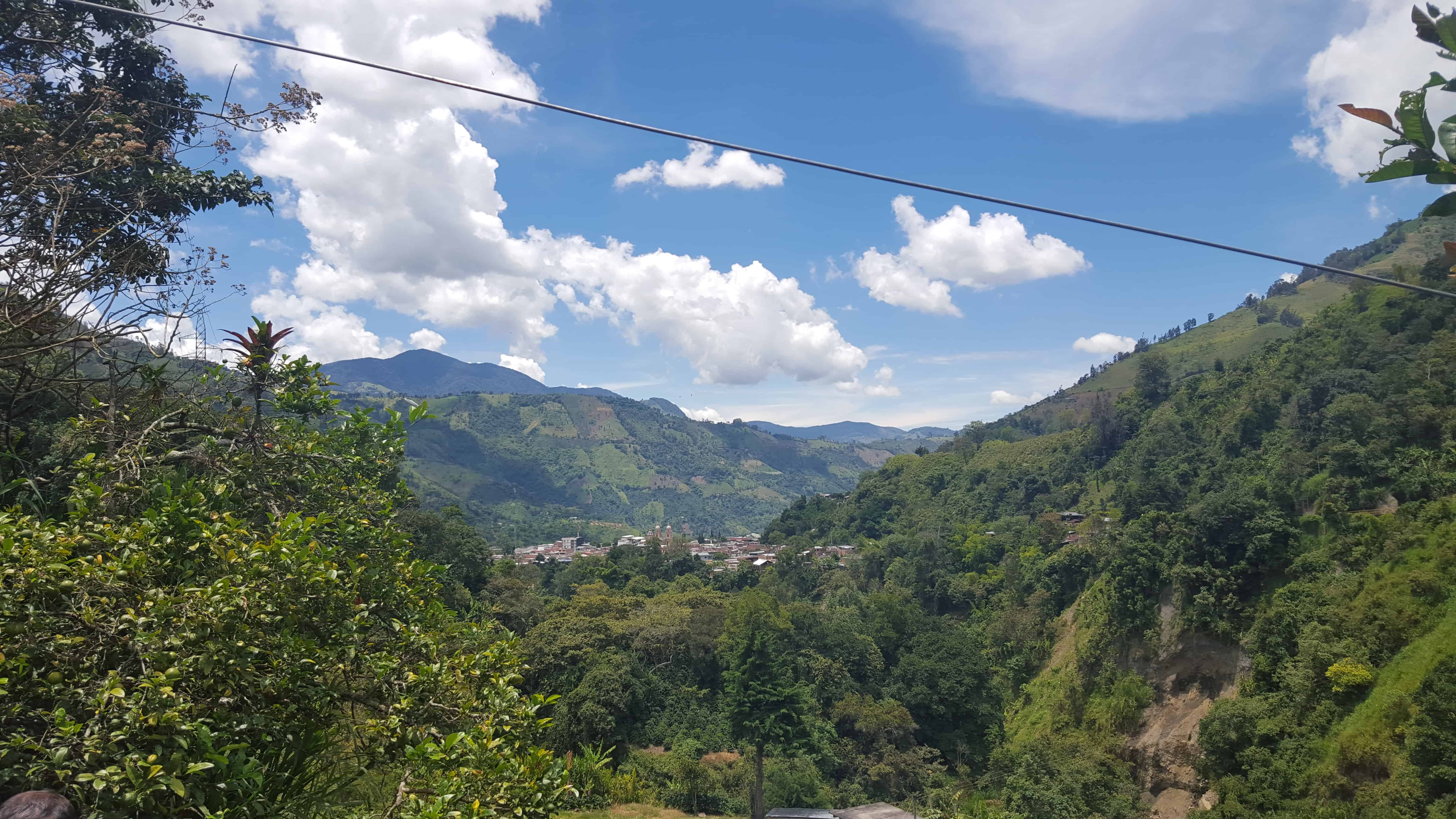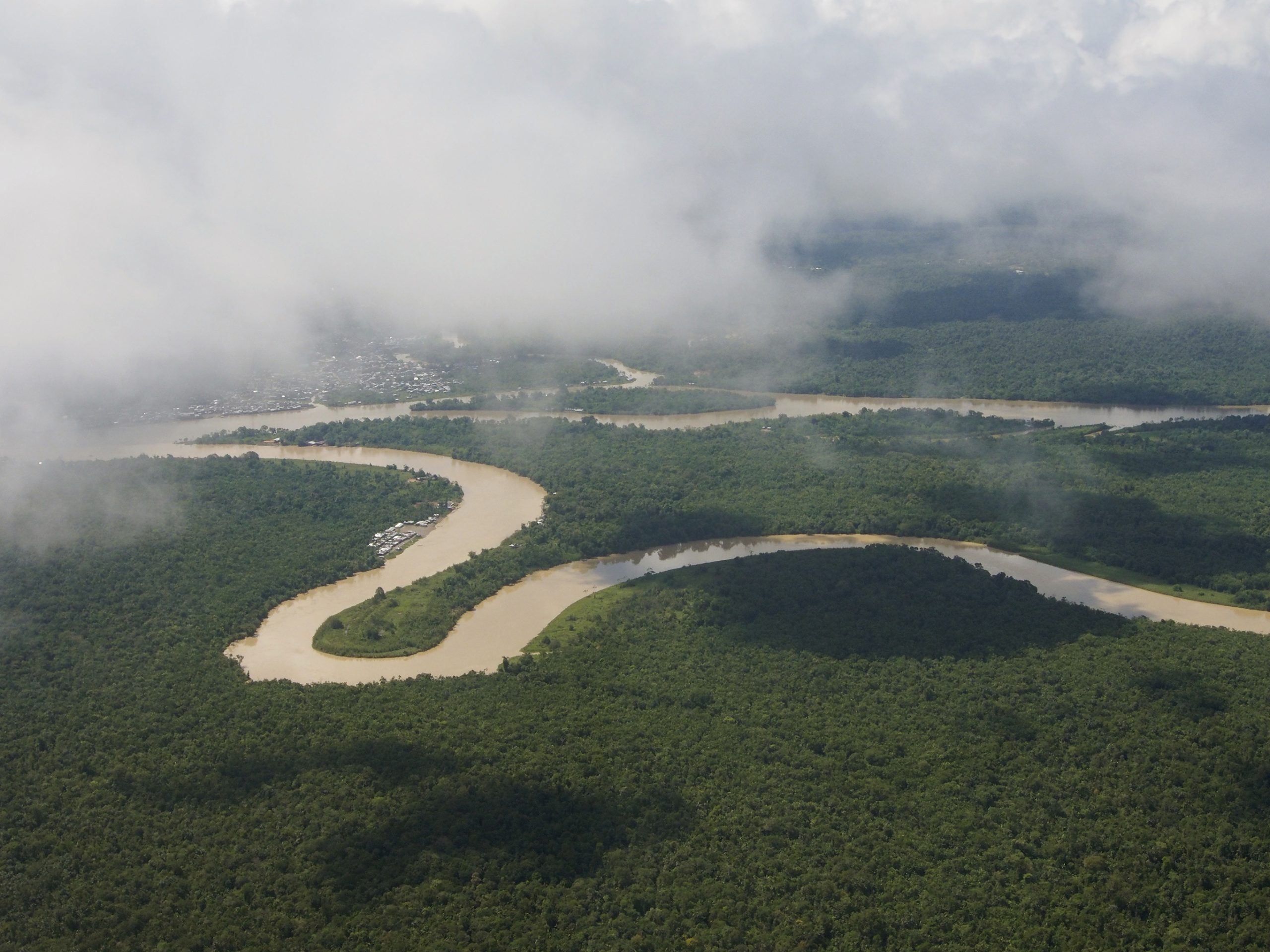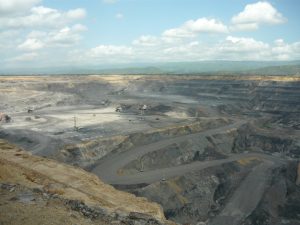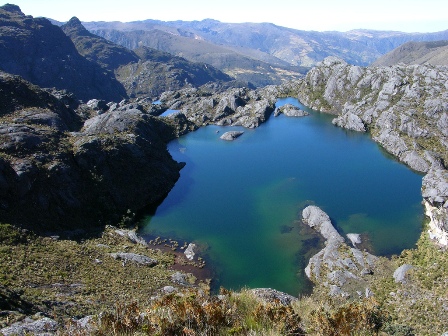Peace Processes
President Gustavo Petro took office in August 2022, and introduced the policy of “Paz Total” (Total Peace). This policy allows the Colombian Government to negotiate with a range of illegal armed groups that are still active in the Colombian conflict.
These actors include:
- Ejército de Liberación Nacional (ELN) – the National Liberation Army;
- Estado Mayor Central de las FARC (EMC) – Dissidents of the now-defunct FARC-EP that did not lay down arms in 2016;
- Segunda Marquetalia – FARC commanders that returned to the conflict in 2019 after declaring that the Duque Government failed to implement the agreements made in the 2016 Peace Accord;
- A series of criminal organisations, including the Clan del Golfo (also known as the Autodefensas Gaitanistas de Colombia – AGC) that did not disarm during the demobilization of the Autodefensas Unidas de Colombia – AUC
The FARC laid-down its weapons in 2016 and 13,000 ex-combatants returned to civilian life, under a Peace Deal whereby the government would provide provisions related to the social and economic development of rural areas, land reform, and political participation for former guerrilla leaders. Despite the majority of former FARC combatants laying down their arms, a small minority of FARC combatants remained in the armed conflict, and are called the EMC.
In August 2019 a group that had demobilised led by chief peace negotiator Ivan Marquez returned to the conflict, citing a lack of compliance on the part of the Government with the agreements in the Peace Accord. He and other former FARC commanders created the Second Marquetalia.
In 2005 the Autodefensas Unidas de Colombia (AUC) right wing paramilitary groups that operated in collusion with the Colombian Armed Forces, demobilized over 30 thousand combatants. However, a group of middle ranking commanders did not demobilised, they continued in the conflict and developed into powerful criminal groups that are known today by names such as Clan de Golfo, Conquistadores de Sierra Nevada, Autodefensas Guitanistas de Colombia.
The ELN is the oldest of the active guerrilla groups. There have been several unsuccessful attempts at peace talks with the ELN. Since the 2016 Peace Accord with the FARC it has expanded its numbers significantly and also has combatants based in Venezuela. The ELN began as a nationalist movement influenced by the Cuban revolution, and sought to promote the rights of peasants and social justice, however, over time this left-wing guerrilla group has become deeply involved with drug trafficking. It is currently engaged in peace talks with the Petro Government.
Colombia has the second highest number of criminal organisations after the Democratic Republic of Congo with around 50 criminal groups that are engaged in illegal mining, the trafficking of people, drugs, oil, wildlife and arms, illegal contracts and extortion.
The Petro Government is focused on negotiated settlements, which is a welcome approach and a necessary shift in strategy from the previous government of Ivan Duque, where the focus was almost exclusively on military intervention to address insecurity in Colombia.
Below you will find regular updates on the implementation of Total Peace and the different negotiations that the Colombian Government is initiating.
Peace Talks
 ELN Peace Talks
ELN Peace Talks
 EMC Peace Talks
EMC Peace Talks
 Segunda Marquetalia Peace Talks
Segunda Marquetalia Peace Talks
 AGC Peace Talks
AGC Peace Talks
 ACSN Peace Talks
ACSN Peace Talks



 AGC Peace Talks
AGC Peace Talks ACSN Peace Talks
ACSN Peace Talks